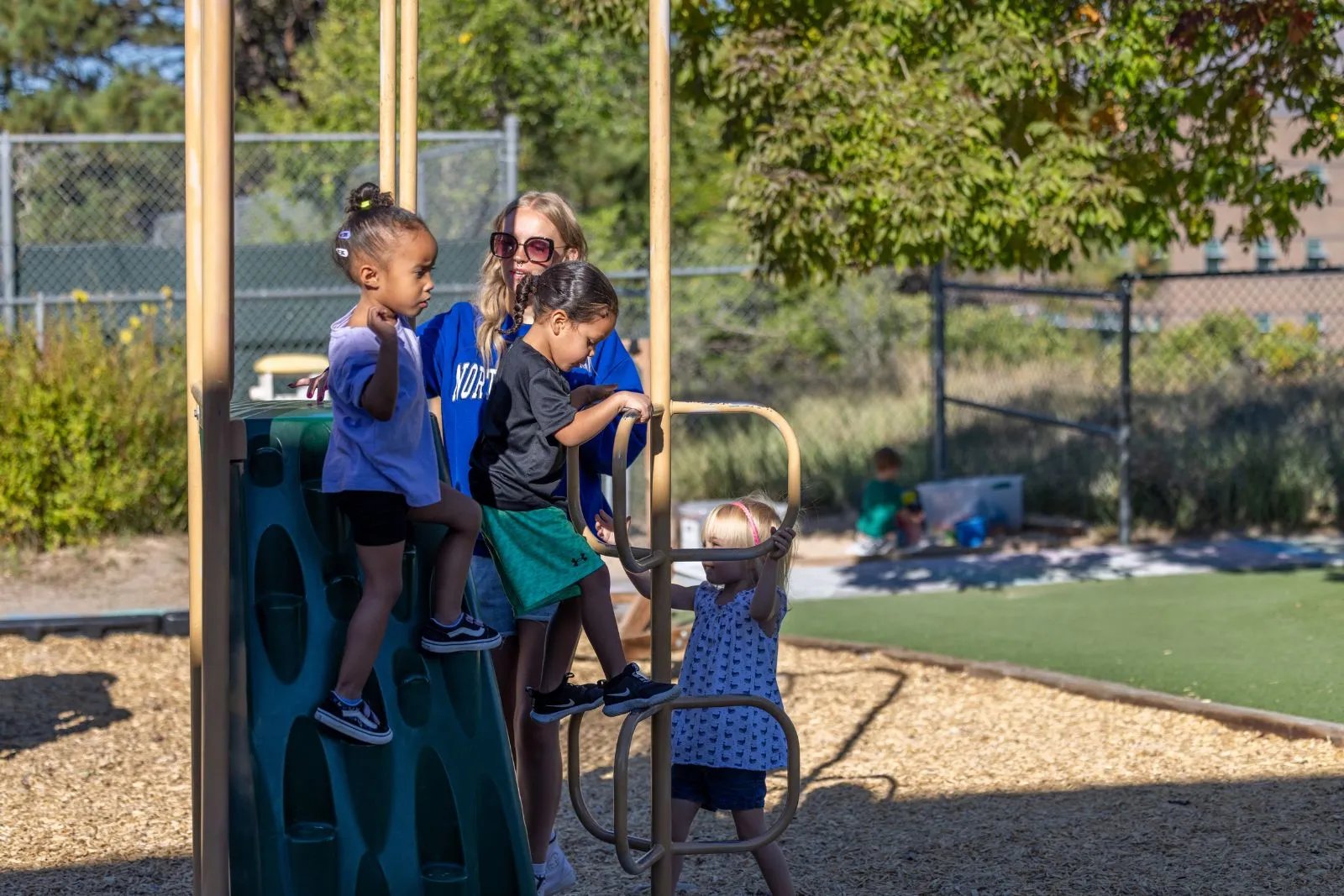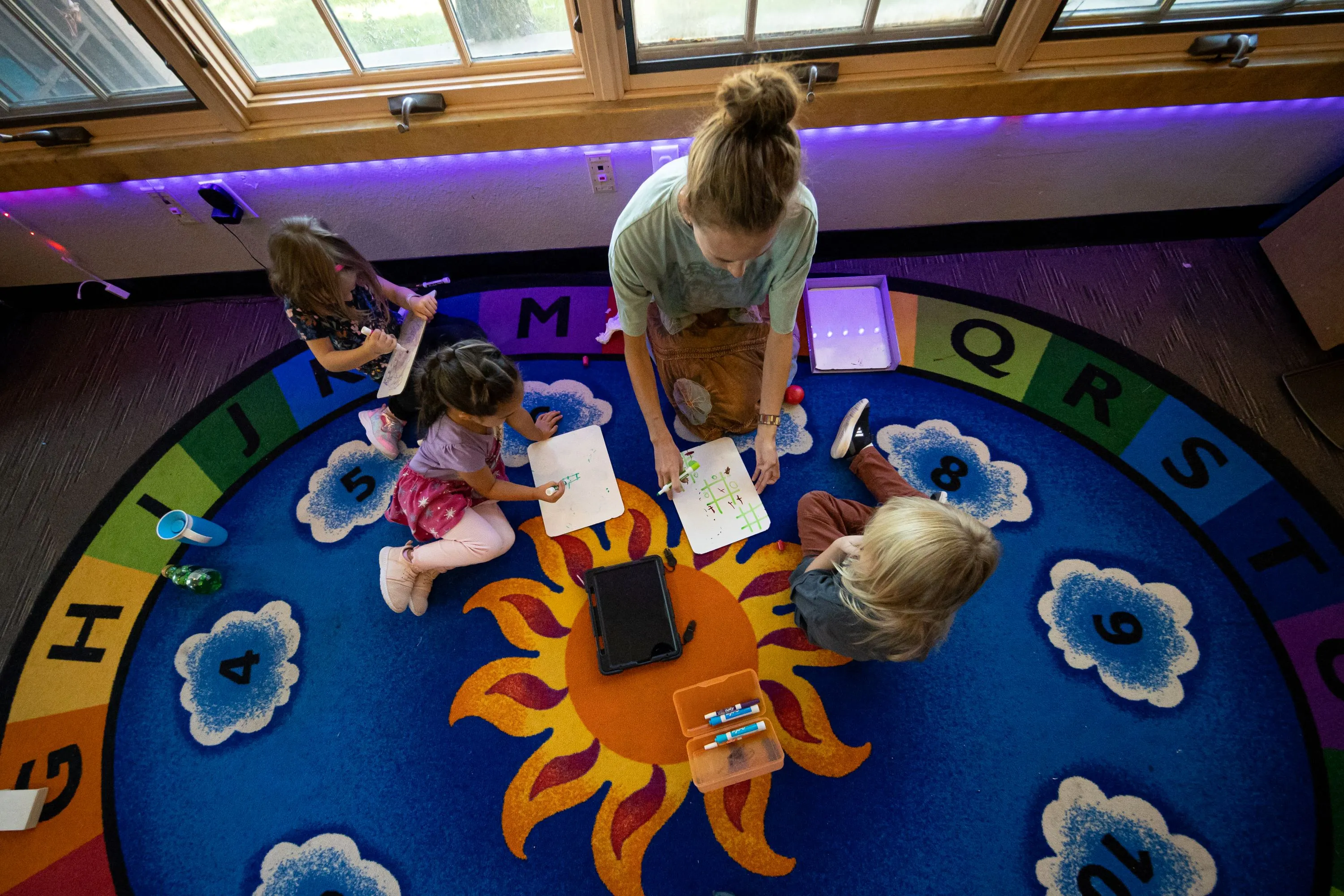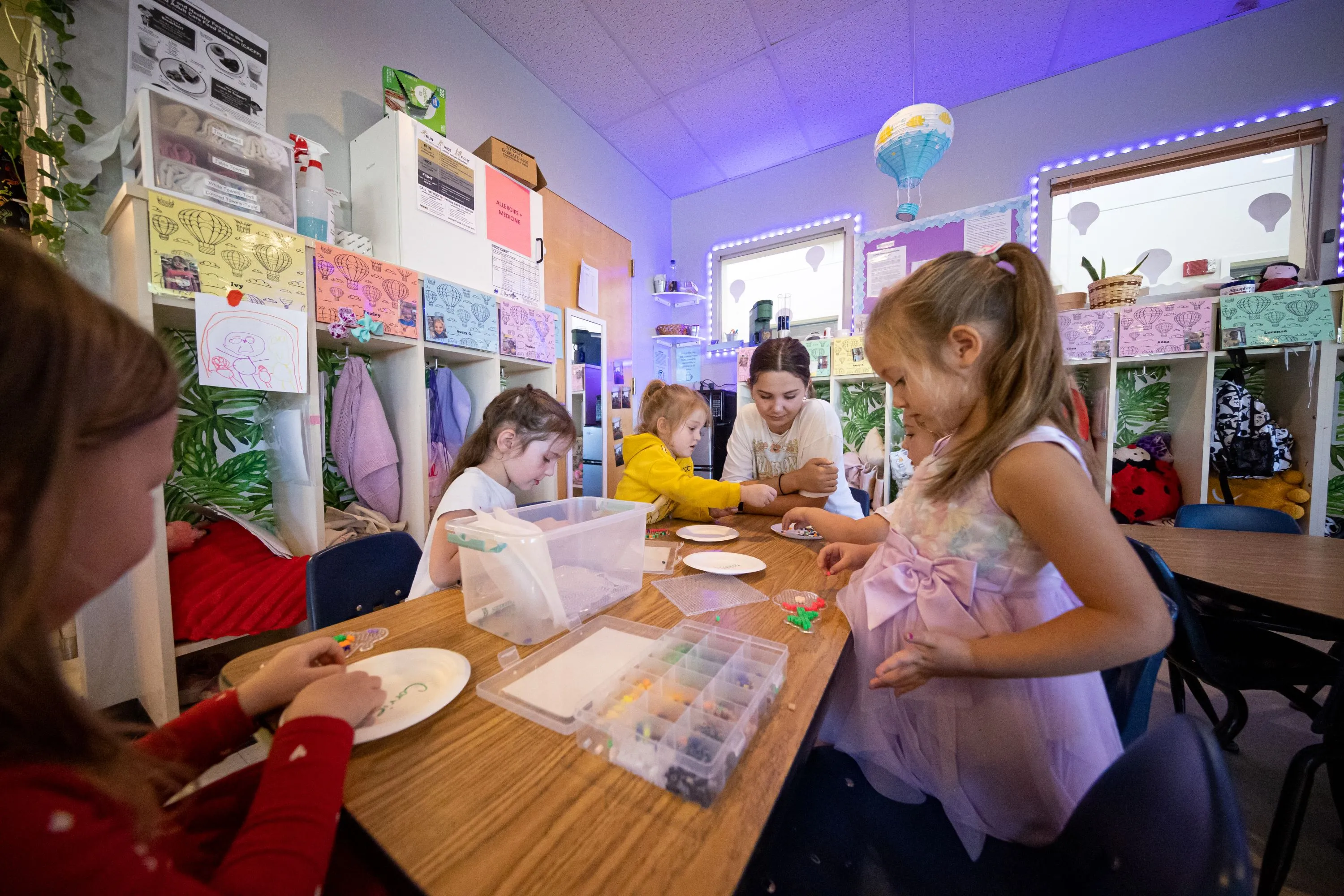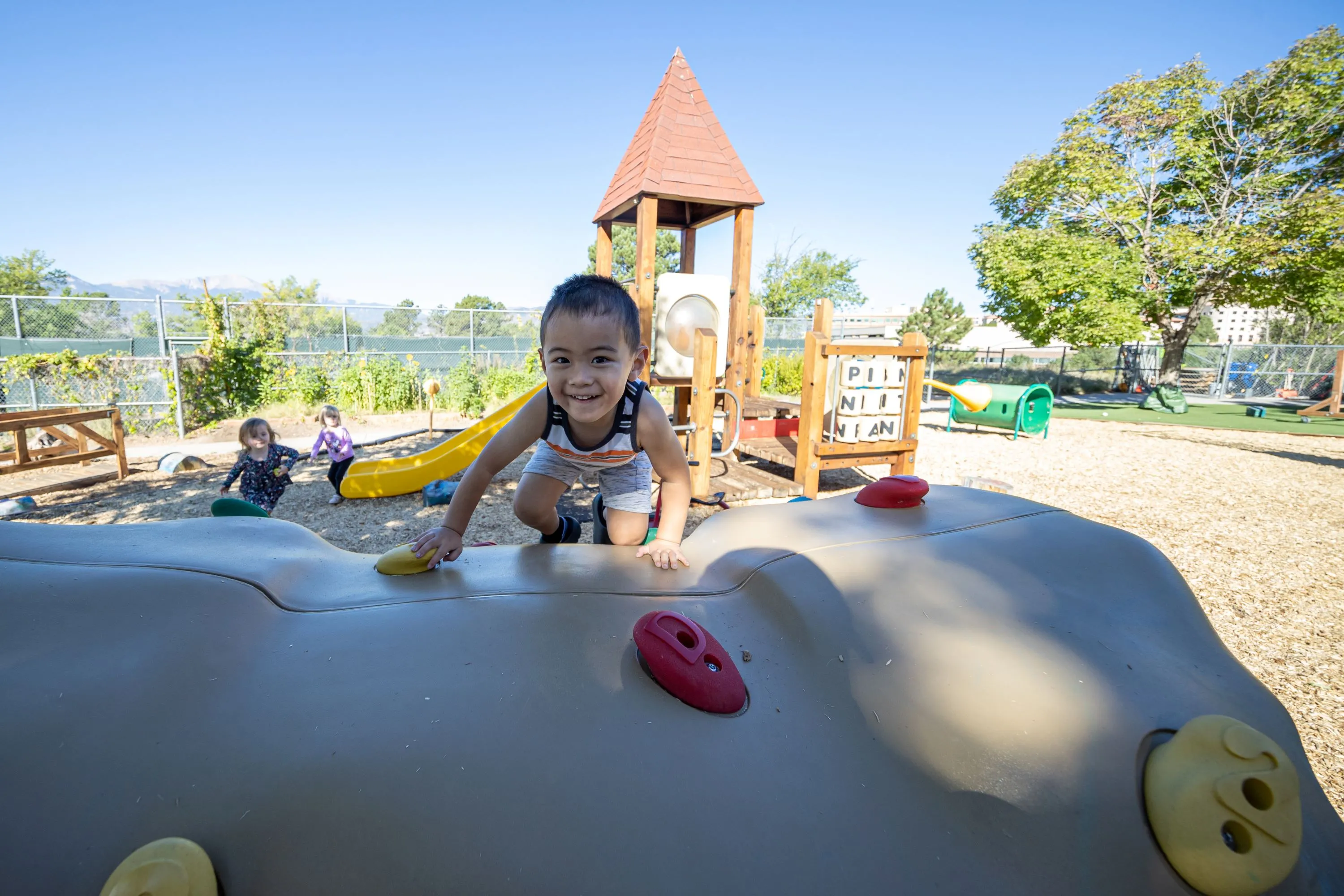
Our Curriculum
Conscious Discipline

Conscious Discipline is a research-backed, trauma-informed approach that integrates social-emotional learning, self-regulation, and positive discipline into everyday life. At the Family Development Center, we implement this method in our classrooms to create safe, nurturing spaces where children can thrive emotionally, socially, and academically.
In our school, Conscious Discipline is woven into daily routines to help children recognize and manage their emotions, build empathy, and develop problem-solving skills. Teachers model and teach tools like mindfulness, conflict resolution, and effective communication, turning everyday interactions into opportunities for growth. By focusing on connection and understanding, rather than punishment, we support children in developing emotional intelligence and self-regulation skills that prepare them for lifelong success.
The School Family
School climate impacts all achievement. The culture of a school can foster bullying, blame and cliques, or it can build cooperation, willingness and responsibility.
The School Family builds connections between families and schools, teachers and teachers, teachers and students, and students and students to ensure the optimal development of all.
Willingness to Learn

Without willingness, each interaction becomes a power struggle instead of a learning opportunity. We bring all children to a place of willingness through a sense of belonging.
Impulse Control

Connection with others is the construct that wires the brain for impulse control. Disconnected children are disruptive and prone to aggressive or bullying behaviors. External reward/punishment systems cannot improve a child's ability to self-regulate because they are not designed to teach new skills. The School Family uses connection to encourage impulse control while teaching self-regulation skills in context.
Attention

Our system is sensitive to stress and becomes engaged with positive emotions. We reduce stress while creating an atmosphere of caring, encouragement and meaningful contributions. These components are essential for children to develop and apply sustained attention.